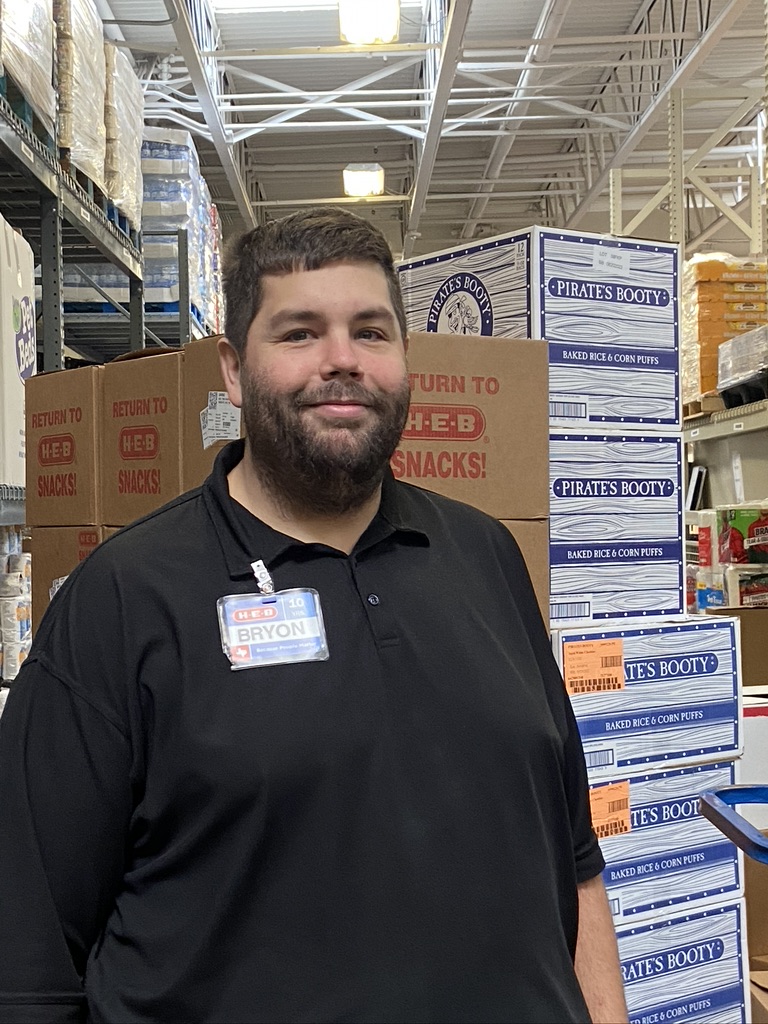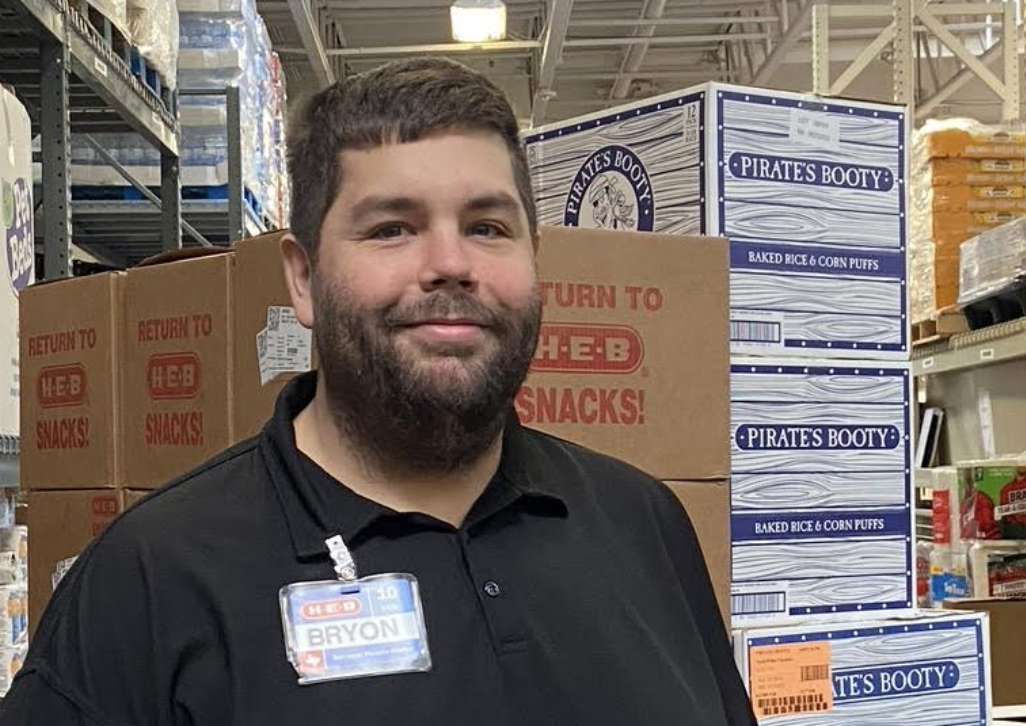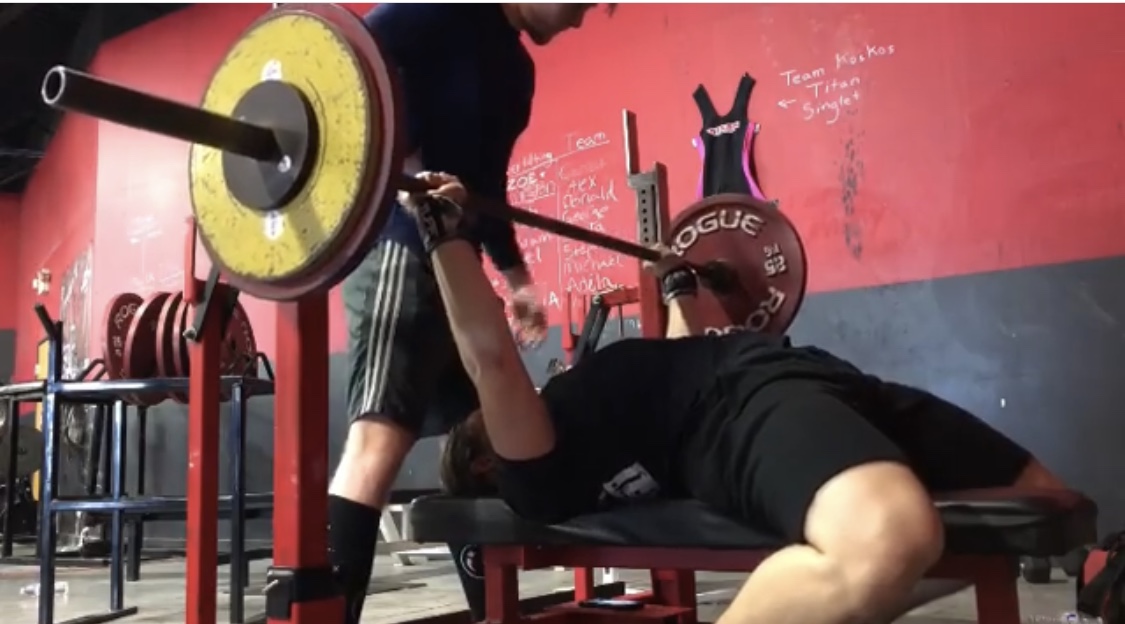(By ALEX PARKER)
DRIPPING SPRINGS — As an employee of H-E-B, I’ve witnessed how global product shortages are affecting Texas businesses firsthand and how they’ve had to operate over the last two years due to shipping and manufacturing inconsistencies.
Businesses like H-E-B have been impacted in Central Texas and have been grappling with these supply chain challenges daily. Managers like the one I work with at the Dripping Springs location, Bryon Moore, have been at the forefront of this daily struggle.
“H-E-B is such a fast-moving environment, you get your information on a day-to-day, week-to-week basis,” Moore said when asked if H-E-B has indicated when shortages might get better.

There really is no telling when product shortages might end. Labor shortages are an issue as well. From manufacturing to shipping to shelf stocking, businesses have struggled to find people to perform these tasks.
“When everybody was staying home and they were getting stimulus checks, they started buying,” said Roger Guenther, executive director of Port Houston, during a recent National Public Radio interview on shipping containers coming through the Houston port. “Since they weren’t going on vacation and going to restaurants and buying services, they started buying furniture and bicycles and home improvement goods.”
He said that this is part of what created a shipping bottle neck that created the situation around the country where we see crowded ports.
And even if the shipping containers that do make it to the ports come through in a timely manner, there’s still the issue of transporting the product over land.
Sometimes, trucks will come to H-E-B stores inconsistently just because the warehouse won’t be able to find a truck driver to take the truck to the store. Delays, coupled with items that are out of stock for a long time, add stress to employees, Moore said. “Sometimes, the order can be too heavy, and your crew is having to find space for it.”
Meaning that once the item comes back into stock, it comes in a massive wave. With crews that are already pushed hard to make sure that shelves are stocked, this stress adds up.
Turnover for overnight stockers at H-E-B can be quick because of this situation, and overnight is when most of the stocking work is done. That’s another reason why there are shortages.
Moore used the shortage of aluminum cans as an example of how one of these massive waves can occur once supply catches up.
“All the cans went out [of stock], so just imagine it on that scale,” said Moore about a wave of canned goods suddenly arriving, which in the case of his store covers about two or three entire aisles worth of retail space.
However, through it all, Moore’s first concern is how all this affects others. Through the trials that this pandemic and subsequent shortages have brought, his focus is on morale and the community.
“We’re all going through the same thing,” he said. “It’s no one person’s particular fault. I think it’s a lot of things that are going wrong everywhere. There’s a lot of reasons why your product isn’t there, but we will do our best to keep it in stock.”
If you’re looking for ways you can help, look no further. Here’s what I have observed as an H-E-B employee:
The number one thing you can do for the person who stocks your shelves is to be patient. The person who is stocking the shelf generally doesn’t know much more about the situation than you do.
Something else you can do, especially during the holidays, is be kind. The grocery store is always a hectic place during the holidays. It’s easy to lash out at people around you; however, we’re all only human.
Finally, slow down. Everyone is in a rush, and everyone wants what they want, and they want it now. Whether you’re driving or walking around a grocery store, just take it slow.
“H-E-B focuses on communities, people, partners, that’s a big aspect of how I run my business,” Moore said.




